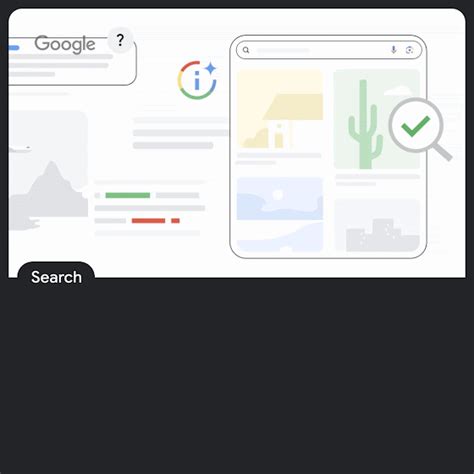In a controversial move, Google has begun blocking access to Invidious, an alternative front-end to YouTube aimed at providing a cleaner and more privacy-conscious user experience. The official reason given by Google is that “This helps protect our community,” a statement that has stirred up a significant amount of discussion regarding its true implications. This scenario raises fundamental questions about big tech’s control over the internet and the delicate balance between the user experience, privacy, and corporate interests.
At its core, Invidious offers users the ability to watch YouTube videos without the clutter and privacy concerns typical of the official YouTube interface. It strips away ads, provides a more lightweight experience, and has several privacy-enhancing options. For developers and privacy-conscious users, such features are extremely valuable. One user, for example, expressed their frustration with YouTube’s current state, stating, ‘The current YouTube frontend is bloated and slow on Firefox. Maybe they should focus on improving their frontend instead of blocking frontends that other people prefer.’ This sentiment is echoed by many who view Invidious as a necessary alternative rather than a disruptive presence.
Moreover, Invidious supports features like SponsorBlock, which automatically skips the sponsored segments in videos, thus providing an ad-free experience. Many users have pointed out that YouTube’s failure to securely embed ads into videos contributes to the rising popularity of such tools. Another user insightfully noted, ‘It is really YouTube’s own fault for not securely embedding the ads into the videos.’ This indicates a broader issue about how ad delivery is being handled within video platforms and the evolving expectations of modern internet users.
The debate extends beyond just Invidious and touches upon broader issues of ad-blocking and monetization strategies. Some argue that by blocking ads, users are essentially stealing from content creators. As one commentator put it, ‘Blocking ads can be viewed as theft from the creators and many creators do see it this way.’ However, this view is not unanimous. Others argue that direct support through platforms like Patreon is a more ethical and direct way to support content creators while avoiding intrusive ads. User behaviors such as these suggest shifting paradigms on how content should be consumed and monetized.
The technological landscape adds another layer of complexity. With Firefox users feeling sidelined by increasing compatibility issues with popular sites, the drive towards alternative front-ends like Invidious becomes stronger. A user shared, ‘In the past year or so, I’m finding that more and more web experiences are buggy and slow in Firefox, which is really frustrating… This is the kind of thing that signals the death of something in the not too distant future.’ Such issues propel a need for alternatives that can offer smoother and more efficient browsing experiences.
In addition, there’s a broader societal narrative at play. The term ‘community’ used by Google has been questioned extensively. Critics argue that this ‘community’ primarily refers to protecting the business model and revenue streams of Google itself, rather than any meaningful protection of user or creator interests. One user wryly commented, ‘Google’s community is Google, I guess,’ highlighting the skepticism around corporate motives when community welfare is cited as a reason for restrictive actions.
More concerning is the notion that such actions may set a precedent for broader control over internet usage patterns. The idea of ‘cloud feudalism’ emerges as a troubling concept where internet giants possess unprecedented control over online activities. A user aptly noted, ‘If you do not make your own silicon, write your own software, and maintain your own Internet connection, you are at the mercy of vendors and service providers.’ This reflects a growing discomfort with the centralized control exerted by large tech companies over smaller entities and individual users.
In conclusion, the blocking of Invidious by Google, under the guise of community protection, highlights significant ongoing debates about privacy, user control, and corporate power on the internet. Whether it is about ads, frontend efficiency, or broader control structures, this scenario underscores the need for vigilance and active discussion in preserving the open and user-centric nature of the internet. The resolution of such conflicts will significantly shape the digital landscape for years to come.


Leave a Reply